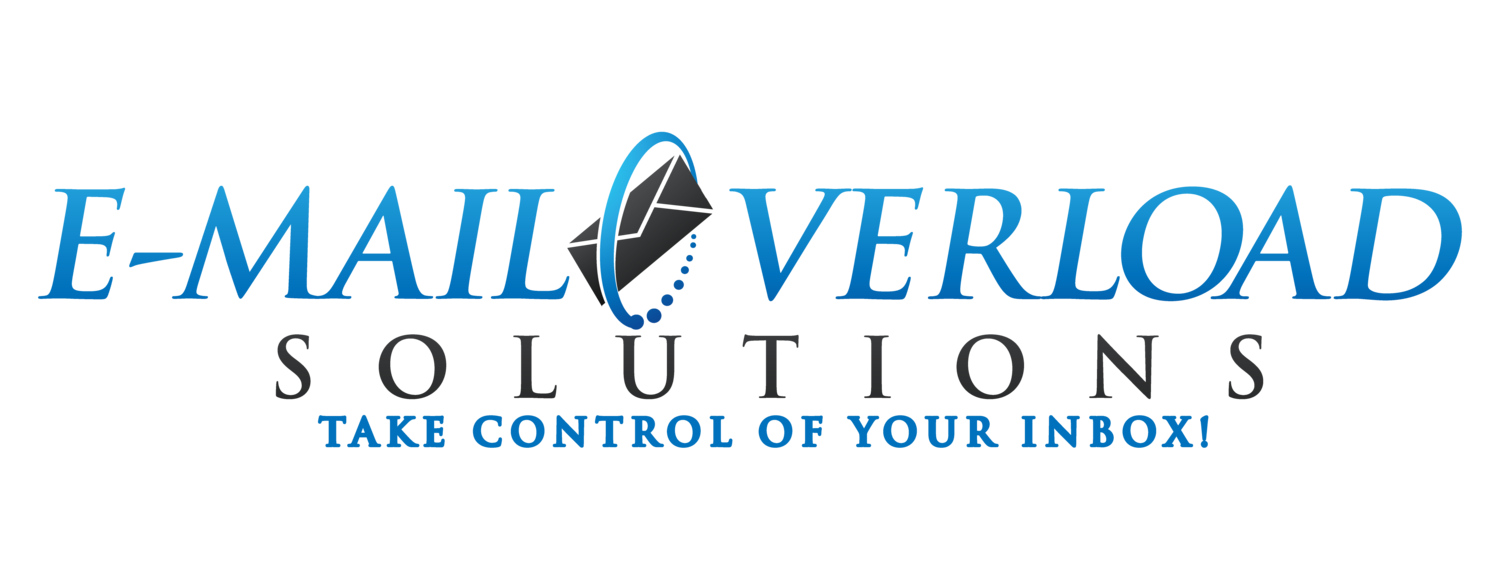Email Arguments and Flame Wars
/Most people have, at some point, participated in, or observed, Email arguments and flame wars (an inappropriate and uncivil exchange of Emails).
It can be surprising just how quickly a simple Email communication can turn into an ugly, mean-spirited, and unprofessional exchange between the participants.
Research has found that disputes are more likely to escalate between two parties when they communicate electronically as compared to when they discuss issues either face-to-face or even telephone conversations.
Argument Bundling:
“One reason Emails can often exacerbate a situation is due to an interesting concept in argumentation research called argument bundling.”
Normally, when two parties are having an interactive argument, there is a natural back-and-forth rhythm to the dialogue and exchange of issues. One person will typically raise an issue or objection, and then the other will listen, formulate a response, and respond with their explanation or defense. The use of audible, visual and body language queues will often cause one party to pause, allowing the other a chance to respond.
However, in Email communication, this argumentation flow does not always occur. Instead, the sender of the Email may provide a long string of issues and complaints all at once. The recipient has no opportunity or ability to interrupt, respond, defend themselves, and there is no interaction during the litany of stated issues.
Essentially, the sender is able to provide a laundry list of issues and complaints. This is often further exacerbated if the sender copies a broad audience of recipients through the use of the CC feature of e-mail.
The recipient is essentially buried in a flood of accusations which have also been broadcast to a wide audience. This places the recipient in a highly defensive position where they are more likely to respond with similarly inappropriate messaging, often strongly defending themselves and even accusing the initiator of wrong-doing.
Due to argument bundling, the natural back-and-forth cadence of the argument process is lost, instead replaced with e-mails that resemble shot-gun blasts of accusations, often followed by equally hostile and defensive responses.
The end-result can be a very rapid escalation of the issue and a degradation of appropriateness, courtesy, and professionalism.
Email Arguments and Flame Wars Avoidance Recommendations:
- Use Email only when it's the most efficient and appropriate channel for the specific need.
- Never substitute Email for a necessary face-to-face (or at least voice-based) meeting.
- If you do have a large list of issues or concerns, it is always preferable to try to reach out and speak with the individual directly prior to sending the Email. This way, they will have an opportunity to understand the key issues, perhaps defuse some of the most contentious ones At the least, the recipient will not be taken completely "off guard" by the message when it is received.
Whenever you utilize electronic communication that may have a wide audience such as Email, please ensure you express your issues in a professional manner, being very careful to utilize non-accusatory language and neutral tone in your communications.
What is your experience with Email Flame Wars?
You have any "war stories" to share?
References:
Friedman, R., & Currall, S. (2003). Conflict escalation: Dispute exacerbating elements of e-mail communication. Human Relations, 56(11), 1325-1347.
Joinson, A. (2004). Self-esteem, interpersonal risk, and preference for e-mail to face-to-face communication. CyberPsychology & Behavior, 7(4), 472-478.
Madden, M., & Jones, S. (2008). Pew Research Center's Internet & American life project: Networked workers survey.
Morgan, N. (2002, Aug). Don't push that send button! Harvard Management Communication Letter, 5(8), 3-5.
Lim.,V., & Teo., T. (2009). Mind your e-manners: Impact of cyber incivility on employees' work attitude and behavior. Information and Management, 46(8), 419-425.
Burgess, A., Jackson, T., & Edwards, J. (2005). Email training significantly reduces email defects. International Journal of Information Management, 25(1), 71-83.
Mackiewicz, J. (2003). Which rules for online writing are worth following?: A study of eight rules in eleven handbooks. IEEE Transactions on Professional Communication, 46(2), 129-136.












